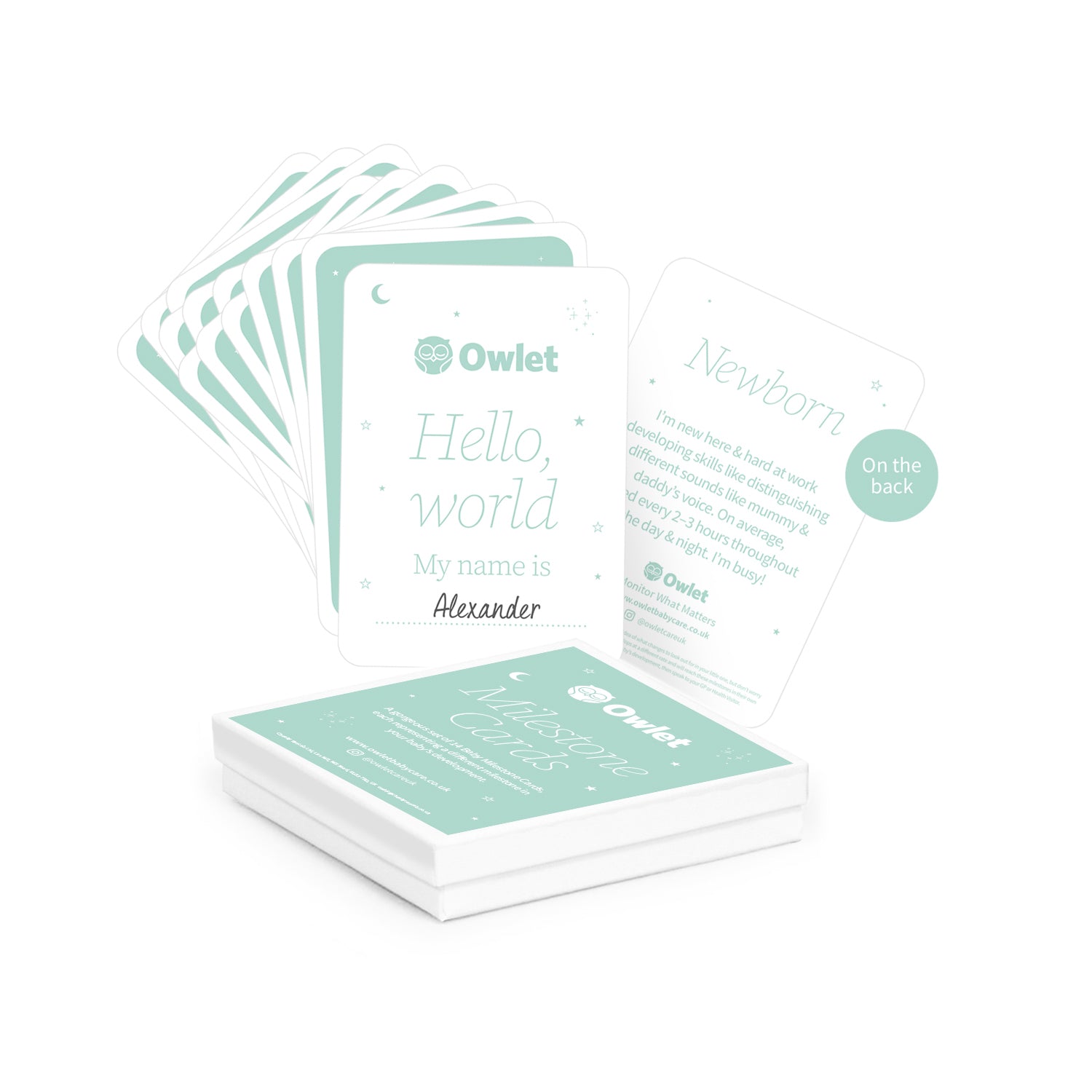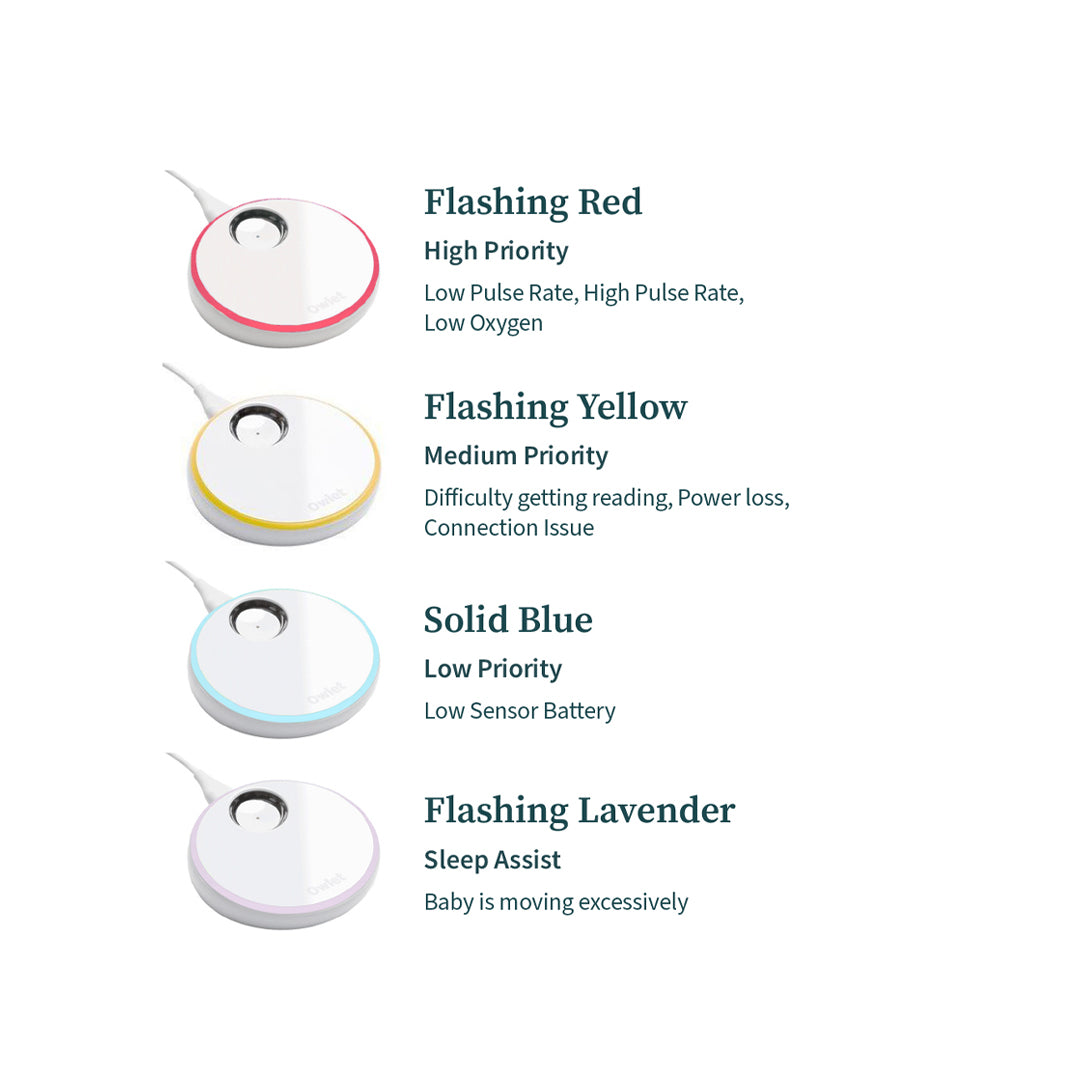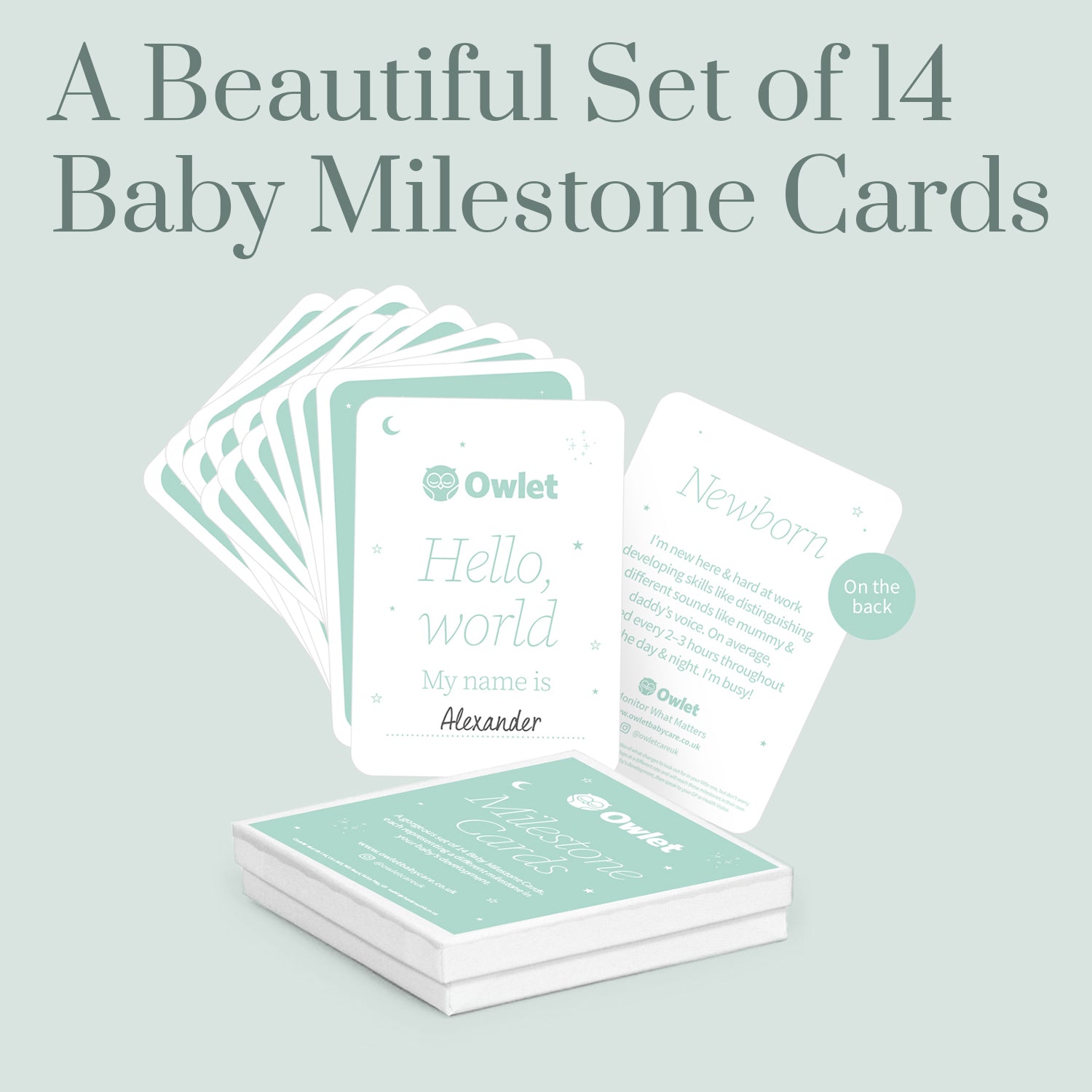How to Treat Baby Acne

Thinking about acne may conjure up images of teenagers with raging hormones. Although puberty is the phase most commonly associated with acne, babies can get acne too. Luckily, baby acne generally disappears on its own within a few months. But, if you’re looking for information on the causes of baby acne, or how to treat baby acne and dry skin, you’ve come to the right place.
Keep reading to learn more about baby acne.
What is Baby Acne?
Baby acne, also known as neonatal acne, occurs in about 20% of newborns. Unlike infantine acne, which may include open comedones or blackheads, baby acne is characterized by tiny red or white pimples or bumps. It can occur anywhere on Baby’s face, but will most likely be found on the cheeks or the forehead.
Generally, baby acne will only occur within the first few months of your baby’s life. And in almost all instances, baby acne doesn’t require any sort of treatment since it resolves on its own.
Symptoms of Baby Acne
Baby acne usually appears within the first two to four weeks after birth.
Common symptoms include:
- Small white or bed bumps on a baby’s face
- Tiny white bumps (milia) on Baby’s nose, cheeks, or chin
- Acne that becomes more pronounced when your baby is crying or fussing
- Acne that worsens due to vomit or saliva on the face
How to Treat Baby Acne
Luckily, treatment for baby acne is rarely needed since it will generally disappear and resolve on its own. However, some babies may have acne that lasts for months instead of just weeks. If that’s the case, visit your pediatrician. They may be able to prescribe a medicated ointment or cream that’s intended to clear up stubborn baby acne.
If your baby has acne, you don’t want to use over the counter acne treatments, serums, or face washes. These products are intended for mature, adult skin, and will be too harsh for a baby’s sensitive skin. Using any of these products could actually cause more skin irritation or make the problem even worse.
When Should I See a Doctor?
Although most baby acne will clear up on its own, visit the pediatrician if your baby is experiencing blackheads, inflammation, or pus-filled bumps. Any out-of-the-ordinary pain or discomfort should also prompt a visit to the pediatrician.
Beyond this, you can always visit your pediatrician if you feel worried. A general checkup is the perfect time to ask any and all questions related to your baby’s health, including questions or concerns about baby acne.
Best Tips for Baby Acne
As you wait for your baby’s acne to clear up, here are a few tips for caring for Baby’s skin while they have acne.
- Keep Baby’s face clean. Leaving saliva or spit-up on your baby’s face for an extended period of time will only make baby acne worse. Instead, make sure to wash your baby’s face daily with warm water and mild baby soap, and spot clean any time there is additional saliva or vomit.
- Be gentle when you dry your baby. Harsh or excessive rubbing can be irritating to Baby’s skin. Instead, gently pat your baby’s skin dry.
- Avoid using harsh products. You’ll certainly want to avoid any over the counter acne medications or washes. However, be sure to also use cleaning products that are fragrance free and free of chemicals and dyes. Look for specific sensitive-skin products that are meant for your baby’s gentle skin.
- Don’t pinch or scrub your baby’s acne. Trying to scrub away the acne or pop any small whiteheads will generally only cause more irritation and inflammation.
- Avoid lotions and oils. Many creams and lotions only aggravate Baby’s skin more. Skip on using lotions to avoid making acne worse.




















